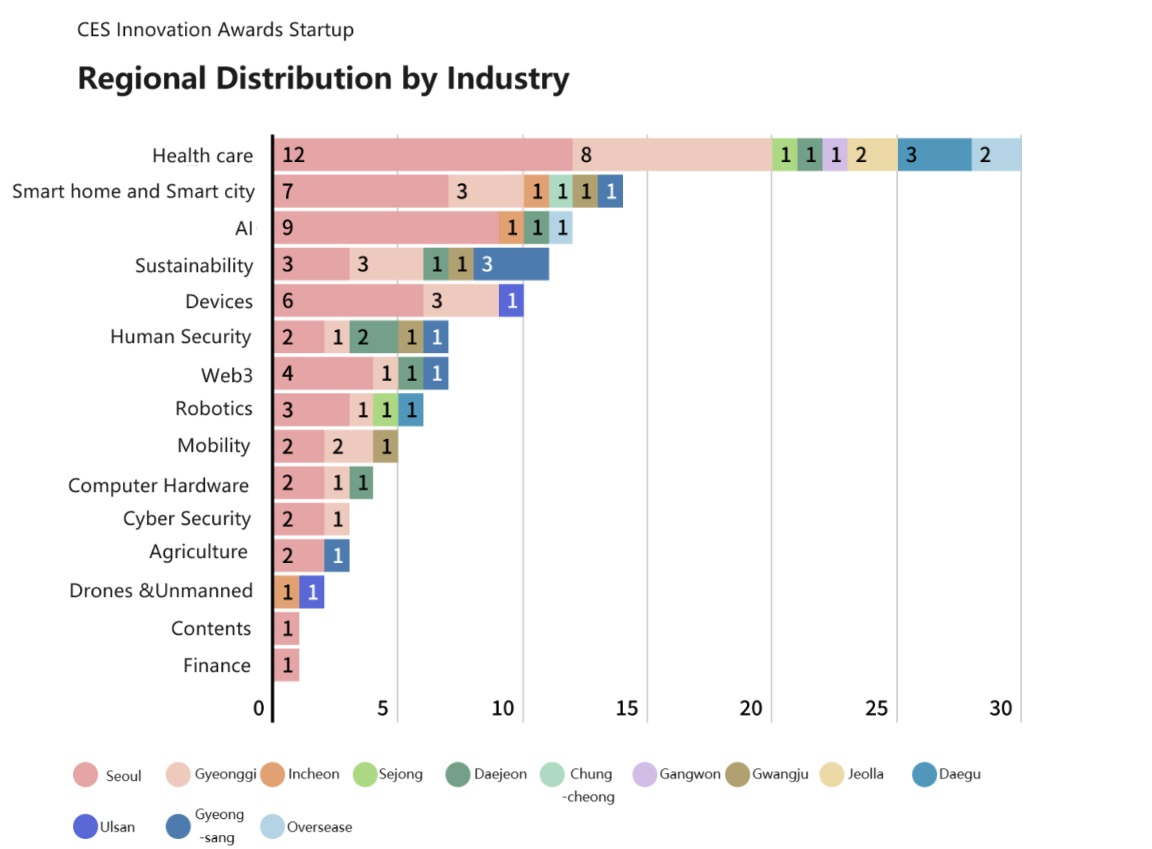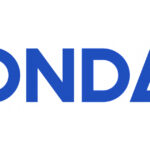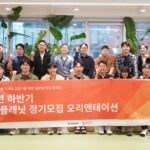
The Korean startups that won the Innovation Awards at the Consumer Electronics Show (CES) 2024 had the highest representation from the healthcare industry (Digital Health, Accessibility & Aging Tech).
According to data released by Startup Alliance, healthcare was the most represented industry, with a total of 30 (25.86%) startups winning the CES 2024 Innovation Awards. Winners included Mand.ro, a 3D printed prosthetic hand company, DeepBio, an AI prostate cancer diagnostic solution, and PLCOSKIN, a regenerative medicine startup.
The second largest category of Innovation Awards was Smart Home & Smart Cities (smart cities, smart homes, home appliances). 14 (12.07%) startups won awards out of a total of 116. Representatives include sleep tech startup 10MINDD and VTouch, which has developed contactless touch technology. Tenminds won the Best Innovation Award, and VTouch won the CES Innovation Award for four consecutive years from 2021 to this year. There are also startups that have recently attracted large investments. Daeyoung Chaevi, which operates CHAEVI, an electric vehicle charging solution, raised KRW 120 billion in Series C investment in June last year. Urban air mobility (UAM) startup Pablo Air raised $16 million (KRW 21 billion) in a pre-IPO series in October last year.
Artificial intelligence (AI), which was considered a key area at CES, was awarded to 12 (10.34%) startups. In particular, image/video-based startups stood out. Studio Lab, a shopping mall image production startup, won the Best Innovation Award, while mAY-I and Pion Corporation were video-based startups, and Onoma AI and KREM were webtoon startups.
In the sustainability category (eco-design & smart energy, sustainability), 11 (9.48%) startups were awarded. Topics ranged from biotech to mobility and climate tech. ANPOLY, a startup developing new materials to replace plastic, is a POSTECH lab startup that received a Series B investment in 2022. HYDROLUX, a hydrogen industry company developing hydrogen storage systems, was founded in 2021 and received a Pre-B Series investment last year despite its short history. Other sustainable startups include POEN, an electric vehicle battery company, and DeepVisions, an AI vision-based particulate matter monitoring startup.
There were also 10 Innovation Awards in the Devices category (accessories & apps, mobile devices, wearable technologies), 7 in Human Security for All (HS4A) and 7 in Web3 and Metaverse Technologies (XR Technologies & Accessories).
An analysis of the addresses of startups that received Innovation Awards at this year’s CES shows that 80 (69%) of the 116 Innovation Award winners were concentrated in Seoul and Gyeonggi. Of these, 56 (48.28%) were located in Seoul and 24 (20.69%) in Gyeonggi, followed by 7 (6.03%) in Daejeon and Gyeonggi.
Seoul was dominated by healthcare and artificial intelligence startups. Of the 56 Innovation Award-winning startups in Seoul, 12 (21.43%) were from the healthcare sector, followed by 9 (16.07%) from the artificial intelligence sector. This was followed by 7 (12.50%) in the smart home & smart city sector and 6 (10.71%) in the device sector.
Three out of seven startups (42.86%) that won innovation awards in Gyeongsang were from the sustainability sector. Gyeongsangnam-do was also selected last year for the Green Startup Town project, an infrastructure to support startups in the green and digital sectors. In addition to the aforementioned ANPOLY and HYDROLUX, plastic recycling startup REPLA is another startup from Gyeongsangnam-do.
In the Daegu region, the CES Innovation Award winners were mainly healthcare companies. Three out of four startups (75 percent) were from the healthcare sector. Daegu is actively promoting the healthcare industry by identifying digital healthcare as one of its five new industries.
Four companies from Gwangju, three from Incheon and three from overseas won CES Innovation Awards this year.






Leave a Comment